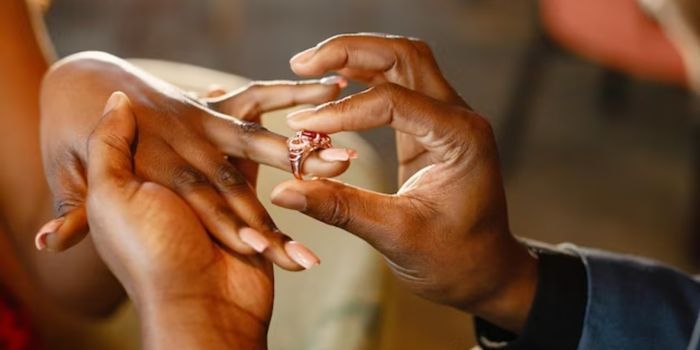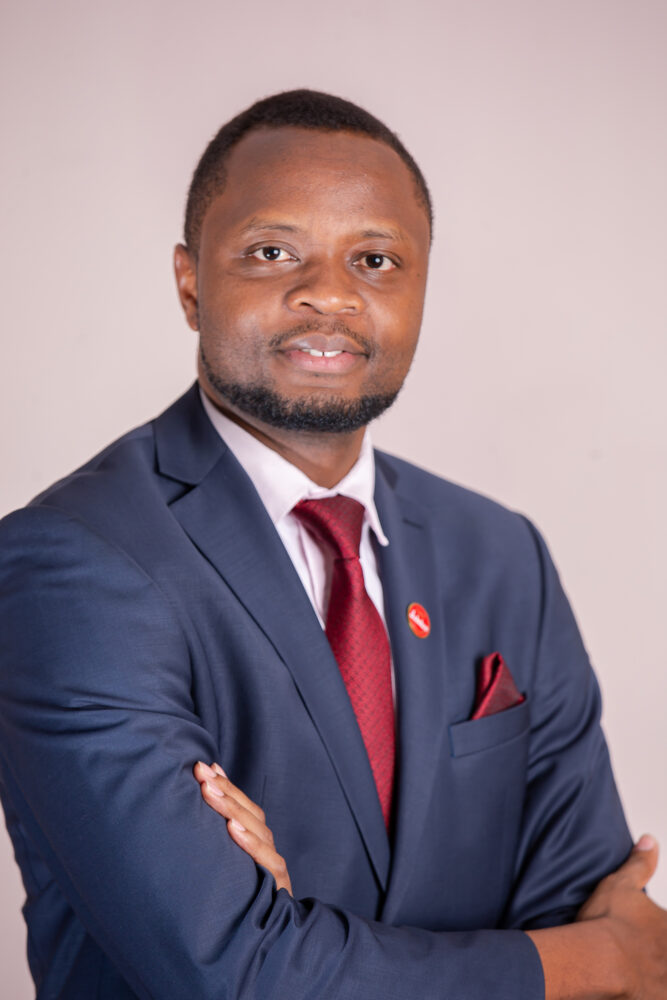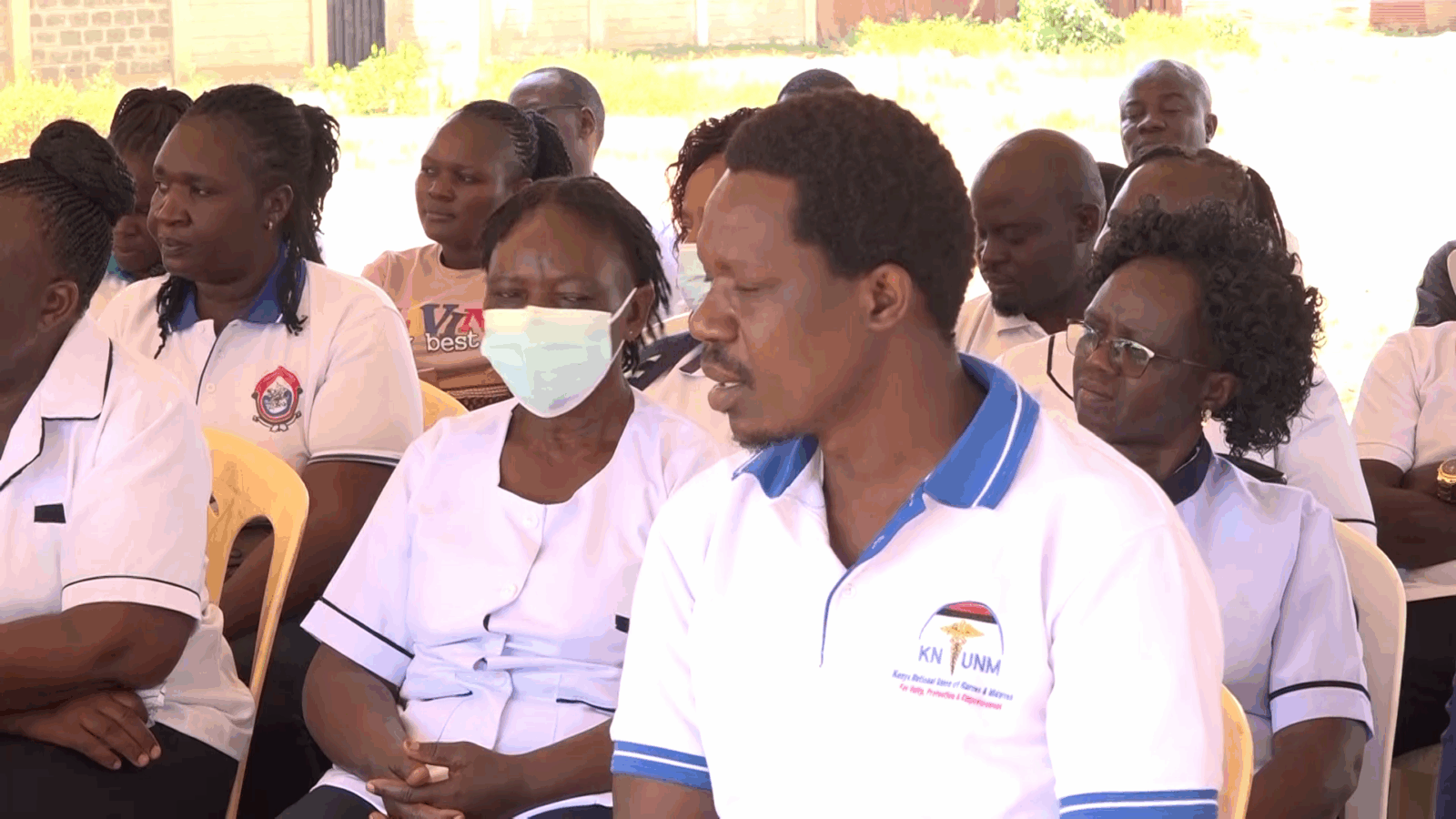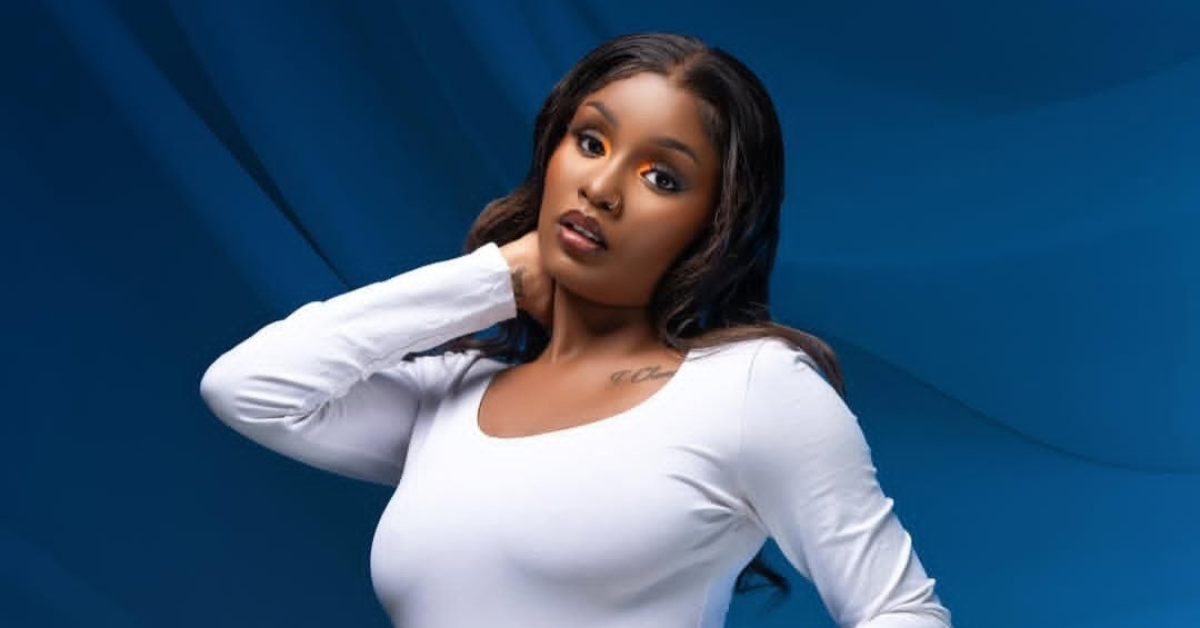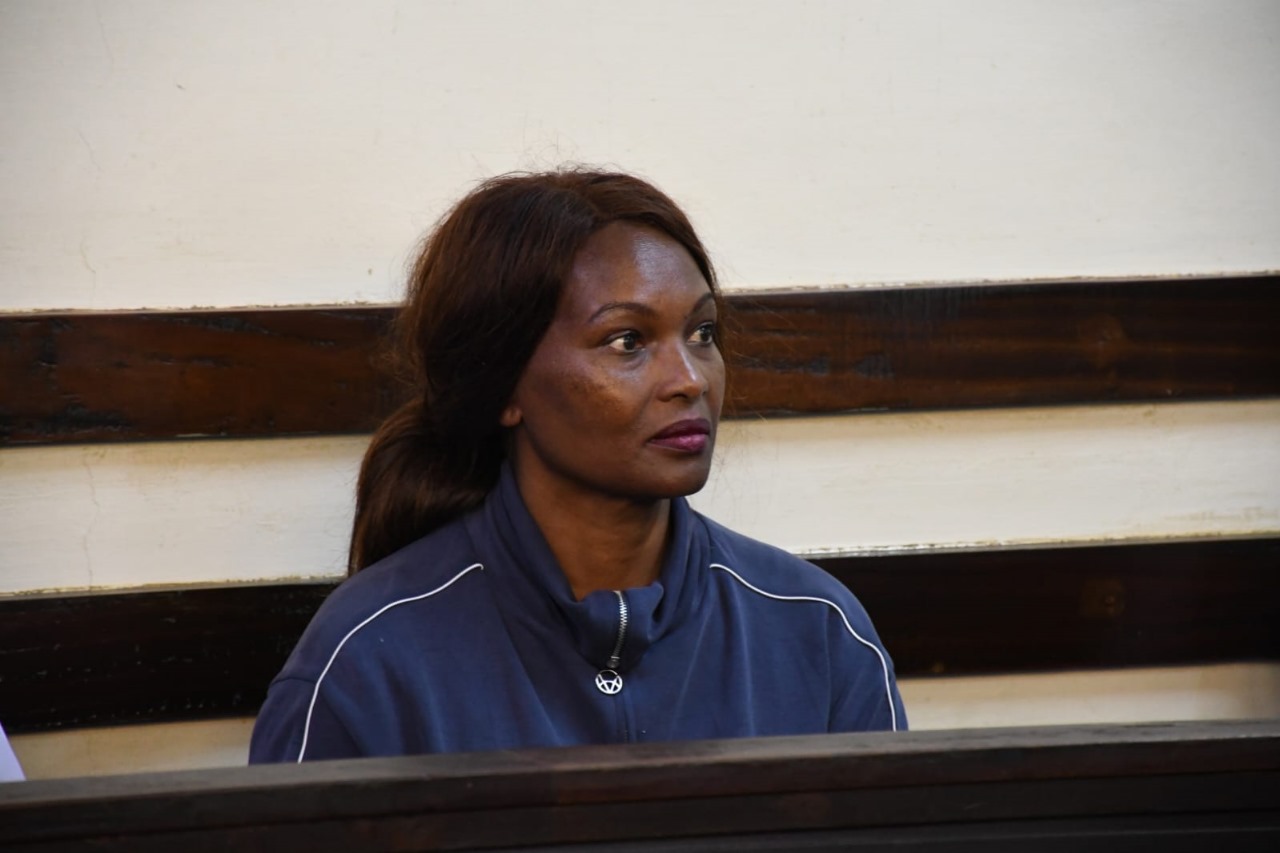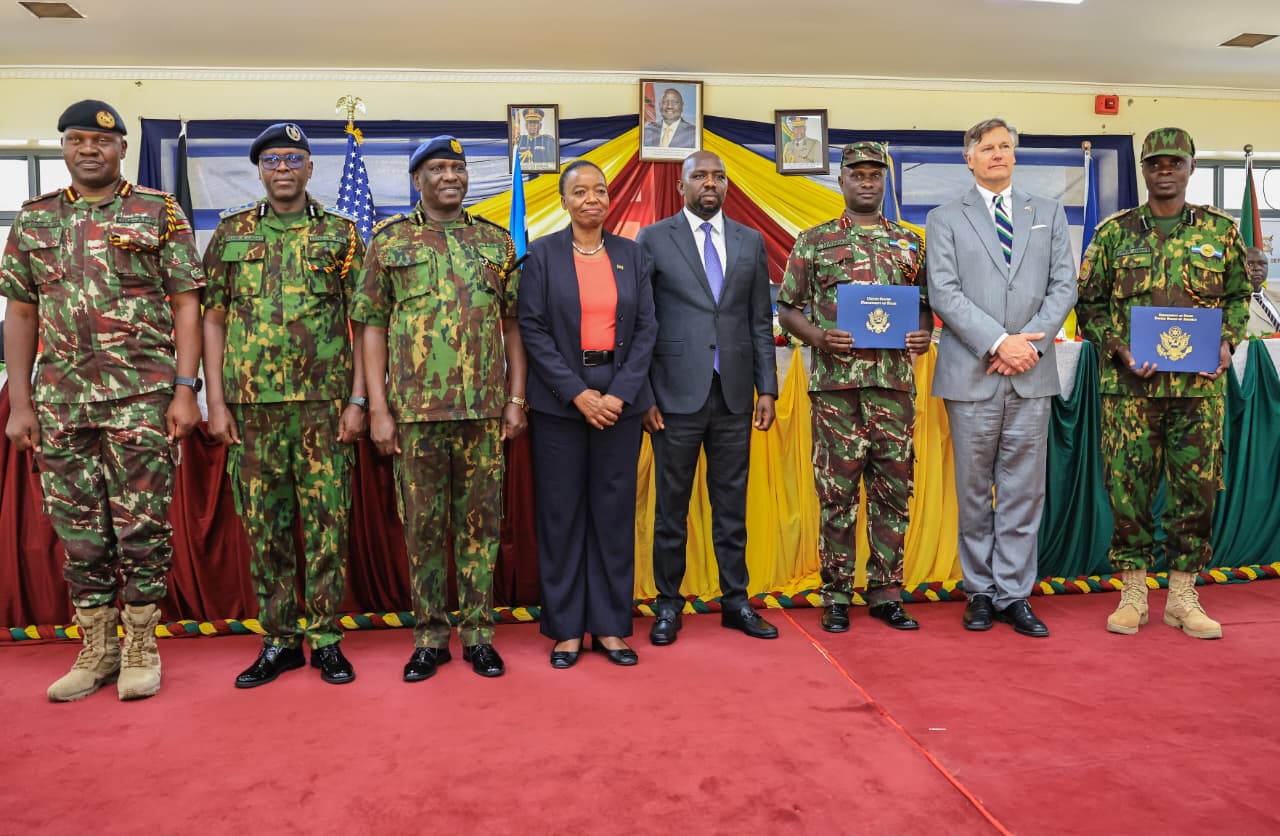We all love to shout about disability, right, until the conversation gets personal. It’s easy to post hashtags, join campaigns, or nod at panel discussions, but the minute someone asks if you’d date, or even marry, a differently abled person, the silence is deafening. Suddenly, the champion of equality is fumbling for words.
And let’s be honest, most of us don’t even realize it, but the first emotion we attach to people living with disabilities is pity.
That little tilt of the head, the softer voice, and the over-helpfulness. Imagine how draining it must be to constantly face those looks. Because truth is, people living with disabilities are out here climbing mountains, smashing goals, and living fully; often in ways able-bodied folks can only admire. They don’t need fragility; they deserve decency and respect.
But here’s the kicker: it’s way easier to “care from a distance” than to actually live out the fairness we preach. Society’s whispers at the supermarket, the side-eyes at family gatherings, even the adjustments you’ll need to make as a couple, suddenly weigh more than love itself.
And instead of challenging those thoughts, many retreat to the safety of able-bodied partners, toxic or not, while comforting themselves with a prayer “for the disabled” from afar.
Then there are the ones who do step in but with a halo on their heads: “Her husband is in a wheelchair? Oh, bless her golden heart.” That’s not love, that’s performance. Loving a differently abled person is not charity work. When it’s real, helping your partner doesn’t feel like a burden, it’s just what you do.
And if we truly believe love conquers all, then what chance does a wheelchair, a white cane, or society’s side-eyes stand?


